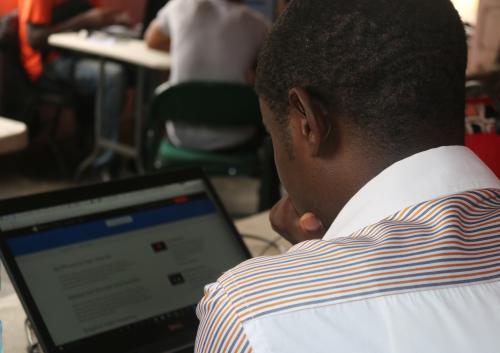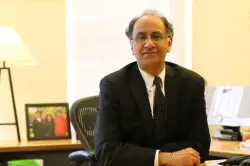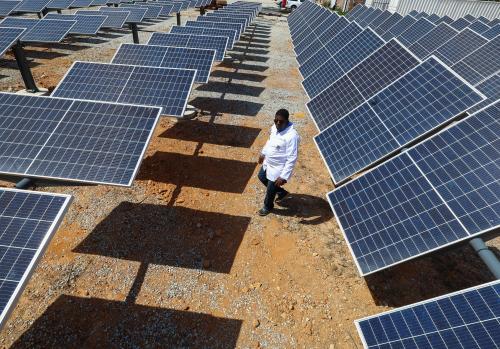With aid money getting scarcer, official development agencies are reluctantly recognizing what should have been obvious all along: private investors are the most important actors in development. Steps to improve the investment climate and remove obstacles to markets should rise to the top of the development agenda. There will also be more initiatives to cajole or coerce private enterprises into doing development, instead of ‘just’ maximizing shareholder value.
Impact investments involve actively looking for social and environmental benefits alongside financial returns. “Benefit Corporation” is a certification given to firms that show that they care about the environment, workers, and the community (Ben and Jerry’s is a B-Corp).
In the U.S., impact investing and benefit corporations are gaining traction. However, this is less true in development circles. The B-Corp concept has been around for more than a decade though, and it won’t go away. I think that’s because it appeals to the young.
The latest twist is impact sourcing, where large enterprises are encouraged to not just tap talent in poorer countries—they hardly need any encouragement for that—but to outsource work to poor but talented people in developing economies.
Students here at Duke University’s Sanford School of Public Policy seem excited by the prospects of impact sourcing. One of them, Ankur Singh Chawla (who has a freshly minted Master’s in Public Policy diploma), told me this:
The impact sourcing model is a meaningful new form of poverty reduction, if only because it hasn’t really been tried before. But it’s not yet a popular or trendy topic in international development, because it’s still seen just as a form of business process outsourcing (BPO). Case in point: impact sourcing has until recently been promoted by management consulting firms. Deloitte, Accenture, Avasant and others have used the model to provide companies with socially responsible outsourcing options. These firms have partnered with the Rockefeller Foundation, which sponsors a major impact sourcing initiative for sustainable job growth in Africa.
But recently, impact sourcing is showing the potential to become a poverty reduction model that can be scaled by development institutions (the World Bank released a report in 2015 that profiled the model). Samasource, a large nonprofit has turned impact sourcing from BPO into a development initiative. It connects large clients such as Walmart and Mastercard with well-trained young people in work centers in Africa and India. Samasource has a program that targets the poorest people, trains them as workers, and gives them jobs for about a year after which they are sent onwards with training and experience in the IT sector.
Maybe older folk will eventually get it. Take a look at this interview of Philippe Le Houérou, the CEO of the International Finance Corporation, the mother of all impact investors with more than $11 billion in investments in 2016. Philippe is still on the right side of 60, though just barely. He is definitely on the right side of development. IFC 3.0, the organization’s new strategy, aims to increase the developmental impact of IFC’s investments and those of its private sector partners. This month, as he completed a year as the Corporation’s head, Philippe said. “I wanted to put development impact at the heart of what IFC does — that was my first year. For my second year, I want to put IFC at the heart of development impact.”
As impact investing goes global, the question might soon become: Can “triple-bottom-line” companies that care about financial, social and environmental returns replace traditional development actors? My answer is: no, but they could help.







Commentary
Future Development Reads: Impact investing, impact sourcing, and international development
May 26, 2017